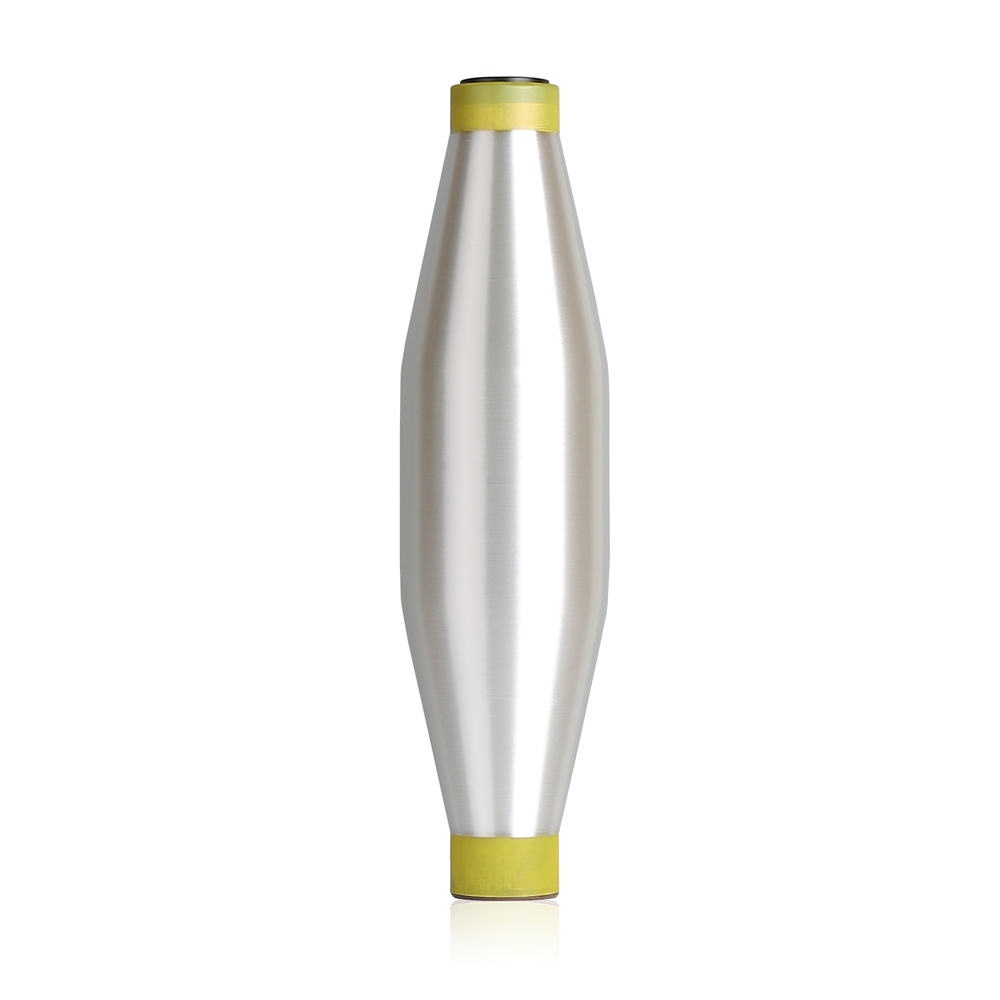Ocean star polyamide Low temperature melting yarn with good bonding strength
| Product Name | 85℃ nylon low melting yarn |
| Usage | bonded sewing thread,webbings,weaving,high-grade garment and accessories ,trousers waist band,embroidery,bonded chenille yarn,picot edging,blind stitching,hems,facing,under collar and chest piece and so on. |
| Specification | 12D/20D/30D/50D/50D/70D/100D/150D/200D/300D |
| Brand Name | Ocean Star |
| Color | white |
| Quality | Grade AA |
| Material | 100% nylon |
| Certificate | Oeko-Tex Standard 100,REACH,ROHS |
| Quality | AA |
The quality standard of nylon fusion bonded yarn can be evaluated according to the following factors:
Yarn strength: The strength standard of the yarn refers to the maximum tensile force it can withstand. Higher yarn tenacity generally indicates a more durable and reliable product.
Yarn thickness: The thickness of a yarn is usually measured by the denier of the yarn. The choice of thickness will depend on the application of the product, with finer yarns typically used for light duty textiles and thicker yarns for textiles requiring higher strength.
Melting point temperature: The yarn melting point temperature refers to the temperature at which the yarn begins to melt. This criterion is important because it determines the yarn's ability to melt and bond during sewing. The melting point temperature should be suitable for the material of the textile to ensure a good bonding effect.
Adhesion: The adhesion of a yarn refers to the strength of the bond it forms with the textile surface. The high bonding force can ensure that the yarns are firmly bonded together during the sewing process, enhancing the durability of the product.
Heat resistance: The heat resistance of a yarn refers to its stability in high temperature environments. High heat resistance can ensure that the yarn will not melt or deform under high temperature conditions, thereby maintaining the stability of the sewn product.
These are some of the main criteria for evaluating the quality of nylon fusion bonded yarns. Specific quality standards may vary depending on the yarn application and local regulations. Therefore, when purchasing yarn, you should consult the relevant supplier or consult the product specification sheet to ensure that the expected quality requirements are met.



1.Anti-collision inner packaging
2. Carton outer packaging
3.Thermal insulation film packaging
4. Wood pallets













